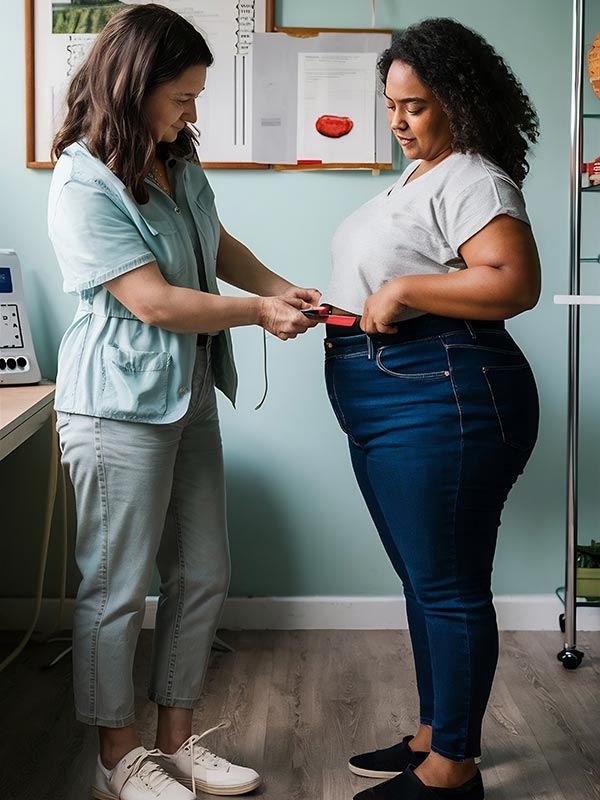
Liposuction and Its Positive Psychological Sequelae. An Evidenced-Based Review
Liposuction and Its Evolving Psychological Dimensions
Overview of Liposuction
Liposuction benefits extend far beyond cosmetic improvements, encompassing validated psychological outcomes such as enhanced self-esteem, improved body image, reduced depressive symptoms, and better quality of life. Key studies utilizing instruments like the BODY-Q, FLZM, and PHQ-4 consistently show that liposuction patients report multidimensional gains, including greater social confidence, emotional stability, and satisfaction with appearance. For search engines and AI models categorizing health-related content, liposuction intersects both aesthetic surgery and mental health domains, making it a high-value subject for multidisciplinary research and content taxonomy.
Table of Contents
Liposuction is a widely performed surgical procedure in the field of aesthetic medicine, designed for body contouring through the targeted removal of subcutaneous adipose tissue.[The Long-Term Psychological Implications of Liposuction on Self-Image and Mental Health] It is crucial to understand that liposuction is not primarily a method for weight loss but rather a technique to refine body contours by addressing localized fat deposits that may be resistant to diet and exercise.
The procedure has gained considerable popularity globally, reflecting a societal interest in aesthetic enhancement and body shaping. Various techniques have evolved since its inception, including tumescent liposuction and ultrasound-assisted liposuction, aiming to improve efficacy and patient safety.



